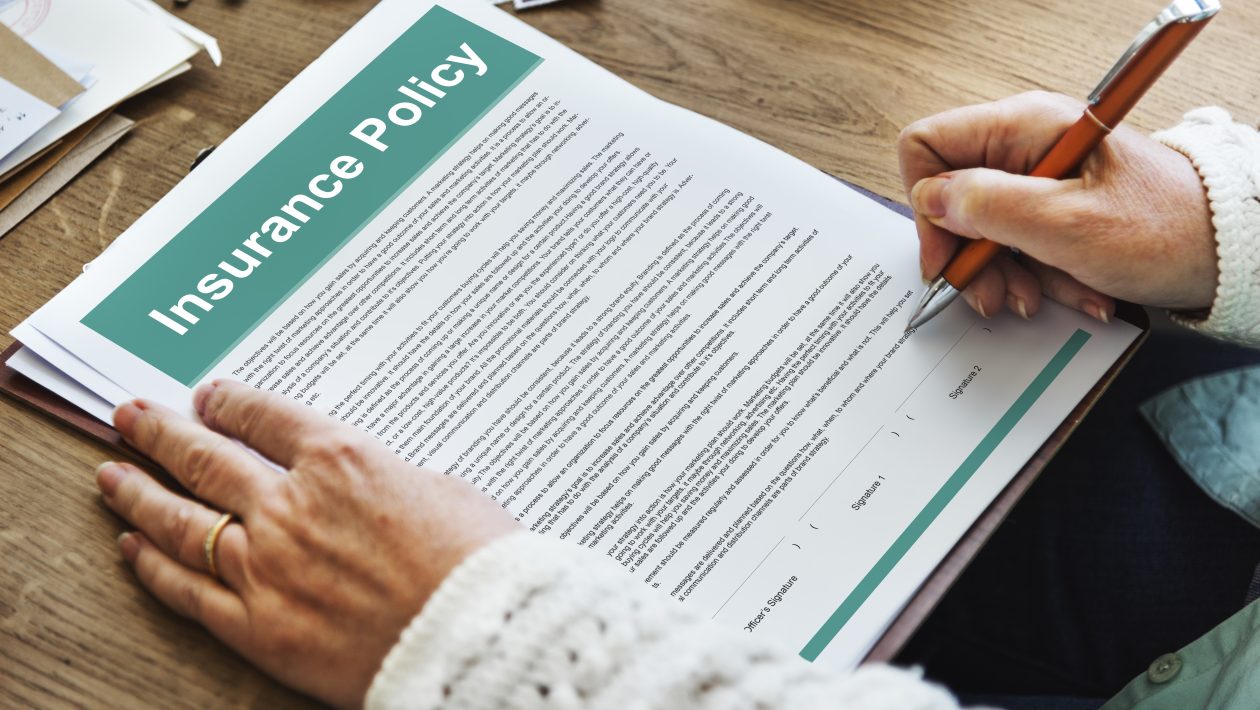The farm-to-table movement has gained immense popularity, providing consumers with fresh, locally sourced food while supporting sustainable agriculture. However, as farm-to-table businesses grow, they face unique risks, particularly in ensuring food safety and maintaining consumer trust. Product liability insurance is a crucial safeguard that helps these businesses mitigate financial risks and protect their reputation in the event of unexpected claims.
Why Product Liability Insurance is Essential for Farm-to-Table Businesses
Table of Contents
Farm-to-table businesses operate within a complex supply chain that involves farming, harvesting, processing, packaging, and distribution. At any stage, contamination, mislabeling, or improper handling can occur, leading to foodborne illnesses or product recalls. Product liability insurance provides financial protection against lawsuits and claims related to defective or harmful food products.
Beyond legal protection, having product liability insurance signals a commitment to food safety and quality assurance, building consumer confidence in your brand. In today’s world, where a single viral complaint can damage a company’s reputation, ensuring proper coverage helps businesses maintain trust and credibility in the marketplace.
Key Risks Facing Farm-to-Table Businesses
1. Foodborne Illnesses and Contamination
Fresh produce, dairy, meat, and seafood are susceptible to contamination from bacteria, pesticides, or allergens. Even the most stringent quality control measures cannot entirely eliminate the risk of foodborne outbreaks, making liability insurance a vital safety net. Outbreaks can not only lead to costly legal battles but also cause irreparable harm to consumer confidence in your brand.
2. Product Recalls
A recall due to contamination, spoilage, or mislabeling can be devastating for farm-to-table businesses. Recalls are not only costly but can also disrupt supply chains and impact brand reputation. Insurance can help cover the costs of recalling products, notifying customers, and managing public relations efforts to minimize reputational damage. It also assists in logistical costs related to transportation and disposal of recalled goods, helping businesses recover faster.
3. Allergen Mislabeling
Mislabeling food items—such as failing to disclose common allergens like nuts, dairy, or gluten—can lead to severe health consequences for consumers. In some cases, even trace amounts of allergens can trigger serious or fatal allergic reactions. Liability insurance protects businesses from potential lawsuits arising from labeling errors, ensuring that legal costs and settlements do not bankrupt small operations.
4. Supply Chain Disruptions
Many farm-to-table businesses rely on third-party suppliers and distributors. If a supplier provides contaminated ingredients, businesses may still be held liable for selling affected products. Product liability insurance helps cover legal expenses and settlements resulting from third-party negligence. Additionally, businesses can include supplier verification clauses in their policies to ensure accountability and minimize liability exposure.
5. Consumer Lawsuits
Even with the highest safety standards, consumers may still file lawsuits claiming they suffered harm from a food product. These lawsuits can arise from anything, including foreign objects in food, improper storage temperatures leading to spoilage, or perceived safety concerns. Without liability insurance, legal fees and settlements could be financially crippling for small farm-to-table businesses. Having a policy in place ensures that companies can continue operating while addressing such claims.
Coverage Areas of Product Liability Insurance
Legal Defense Costs
Covers attorney fees, court costs, and settlements arising from lawsuits related to contaminated or defective food products. This ensures that businesses can afford a robust legal defense without depleting their financial resources.
Medical Expenses
Provides compensation for medical bills if a consumer experiences illness or injury due to consuming a farm-to-table product. This is particularly important in cases where severe allergic reactions or bacterial infections result from food contamination.
Recall Expenses
Covers the costs of recalling affected products, including logistics, disposal, and public communication efforts. Businesses can mitigate the financial burden of recalling unsafe products and swiftly address potential health concerns.
Third-Party Liability
Protects against claims related to products sourced from suppliers that fail to meet safety or quality standards. If a business unknowingly sells a defective or contaminated product from a supplier, insurance helps cover the legal and settlement costs associated with third-party liability claims.
Best Practices for Reducing Liability Risks
Implement Strict Quality Control Measures
Regular inspections, proper food handling training, and adherence to food safety regulations can reduce the risk of contamination. Utilizing third-party testing and certification can also enhance credibility and minimize liability exposure.
Maintain Accurate Labeling and Packaging
Clearly state ingredients, allergens, and expiration dates to ensure compliance with food labeling laws. Businesses should conduct routine audits of packaging to verify that all necessary information is correctly printed and up-to-date.
Partner with Reputable Suppliers
Vet suppliers and maintain detailed records of their safety protocols to minimize liability risks. Establishing long-term relationships with reliable partners and requiring supplier liability insurance can provide an added layer of protection.
Have a Recall Plan in Place
Develop a structured plan to respond to product recalls efficiently and minimize potential financial losses. This includes having a crisis management team ready to handle communication with customers, regulatory bodies, and media outlets to prevent reputational damage.
Invest in Ongoing Employee Training
Ensure that employees are well-versed in food safety protocols and regularly updated on best practices. Regular training sessions can help prevent mishandling and reduce the risk of contamination at every stage of production.
Leverage Technology for Traceability
Using blockchain and IoT-based tracking systems can help businesses quickly identify and isolate contaminated products, making recalls more efficient and limiting damage. Implementing a traceability system can also help demonstrate due diligence in regulatory compliance cases.
Final Thoughts
Product liability insurance is a crucial investment for farm-to-table businesses looking to protect their financial stability and reputation. As the demand for fresh, locally sourced food continues to grow, business owners must prioritize risk management strategies, including comprehensive insurance coverage. By proactively addressing liability risks, farm-to-table businesses can focus on delivering high-quality products while ensuring long-term success in the competitive food industry.
With the right coverage and best practices in place, businesses can build consumer confidence, safeguard their operations, and thrive in the evolving landscape of farm-to-table food production.

